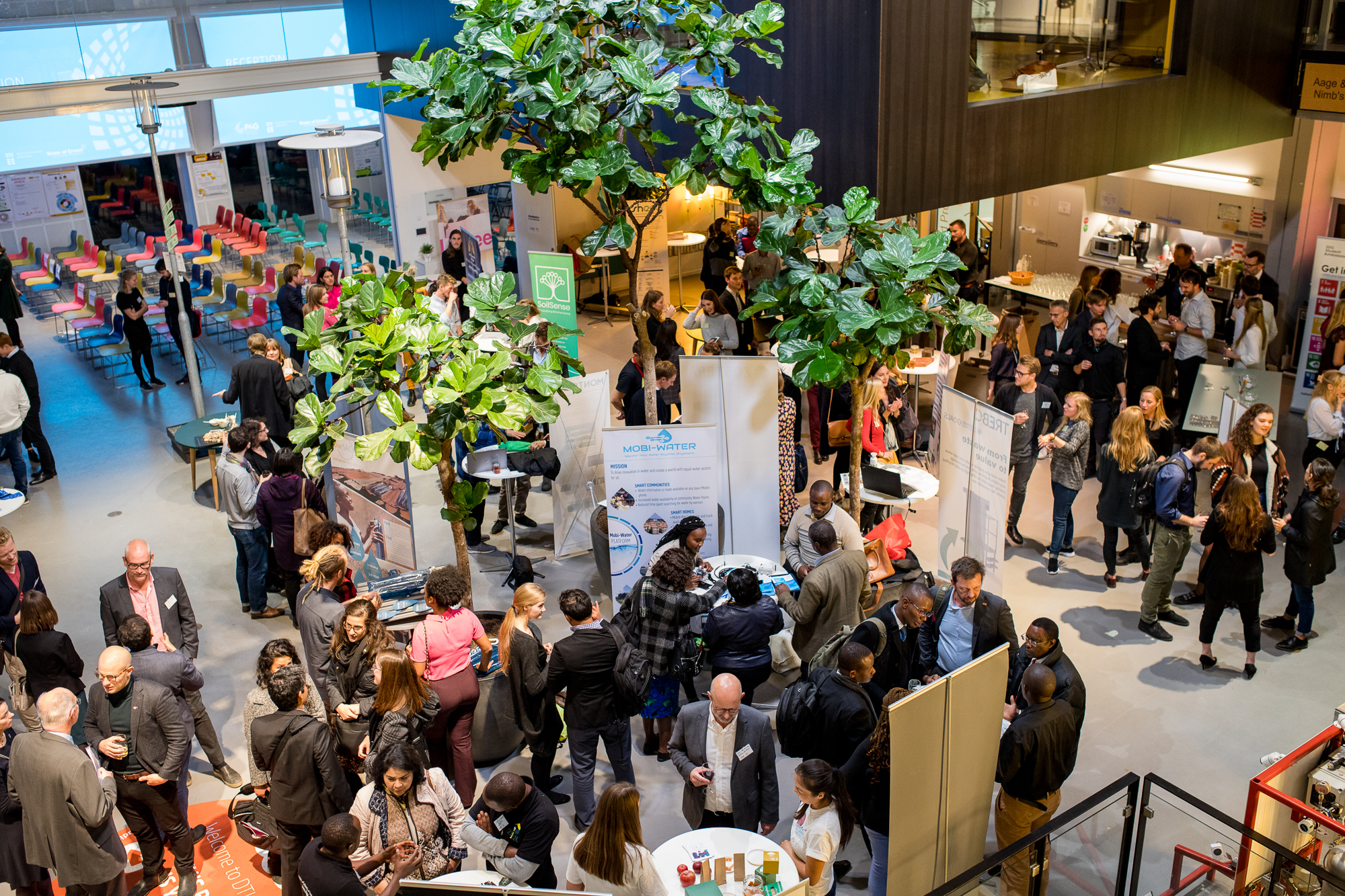
Challenge partners
Bring forward a sustainability challenge and collaborate with young talented students of diverse background from around the world in a facilitated innovation journey.
Get in touch
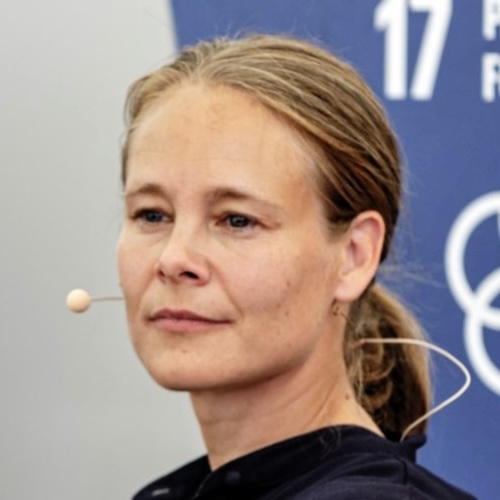
Marie Louise Pollmann-Larsen
Team Lead | DTU Skylab
+45 61 65 56 69
[email protected]
Marie is the Team Lead behind the Next Generation [ ] Action initiative. She has worked on multiple youth initiatives that target sustainable innovation and has brought a global perspective into the project’s core identity.
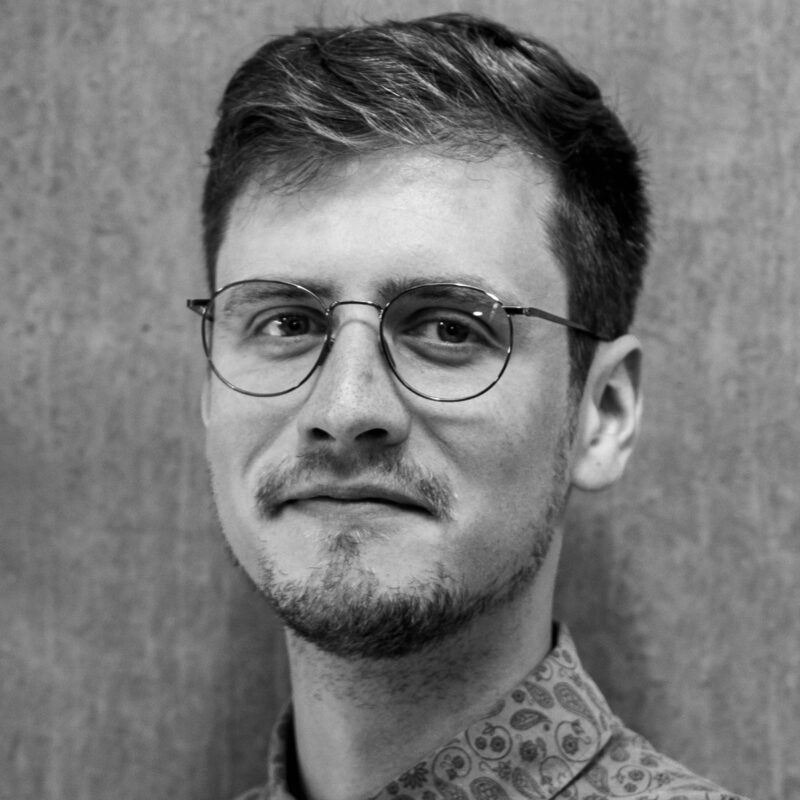
Björgvin Hjartarson
Project Coordinator | DTU Skylab
+ 45 27 84 20 07
[email protected]
Björgvin is the Project Coordinator behind the Next Generation [ ] Action initiative. He comes from a design engineering background and is passionate about using innovation as a tool for positive societal change.
Commitment
When you and your organisation become challenge partners, you commit to follow the initiative and provide support to the student teams working to solve your challenge. Your primary commitment is providing time from relevant colleagues, in addition to minimum one sponsorship of 1.500€ that will support initial prototyping and acceleration activities by selected team(s) working on your challenge.
Estimated time commitment:
- Creating a challenge brief
- Participating in the Multihub kick-off on 2 Aug (~1 hour)
- Communication about partnership during initiative
- Mentorship and feedback to 3-5 teams on their concepts in August(min. 10-12 hours)
- (recommended): Attending reception for all teams at DTU Skylab 28 Oct (~4 hours)
- (recommended): Attending pitch session at DTS 30-31 Oct (~3 hours)
Details
Challenge preparation | August – July
Challenge brief
The challenge brief is the starting point for the students on their journey towards a solution proposal. The challenge has to relate to one or more of the congress/summit themes. The challenge brief is a two-page document which is prepared in collaboration with DTU Skylab. Read more about detailing a challenge brief further down on the page. The challenges will be announced in March 2024. The title and main question should be ready by 15th of May and the challenge brief by the 15th of June.
In addition to the challenge brief, you and your organisation will have to sign a collaboration agreement with DTU Skylab.
On-boarding
Your challenge will be matched with 3-5 student teams from universities in Korea, India, Kenya, South Korea, Ghana,Denmark, Colombia and Mexico. Students from all university levels and majors can apply for the program, however in the past, the majority have been engineering masters students. The students will primarily work on the challenge during a full time 3-week innovation sprint in August. Some student teams will start engaging with the challenge earlier, depending on the semester structure and context of their local university. However, your engagement with the student is not required until in August.
Solution development | 2 – 23 August
The solution development phase begins with an online Kick-off on 2nd of August, where we gather participants and partners for a welcome to the program and an inspirational keynote. After the common kick-off, the participants will have a session introducing the programme and the journey a head of them.
The 3-5 student teams working on your challenge, will then from the 5th to 23rd of August engage in a hybrid program to guide them on a journey from your challenge brief to a sustainable and inclusive solution. They will be situated at their local university together with a thematic supervisor. We at DTU will in addition to supervising our local students, will provide a virtual innovation program for all the students. Taking them through four phases of development, from exploring and scoping the challenge to delivering a novel solution. During the program we offer, bootcamps where the students acquire innovation and entrepreneurial competencies, inspirational keynotes, mentoring sessions with us and external professionals and facilitated reflection and feedback sessions with the other teams in their home country and across the globe. The principles of Open Innovation and Universal Design will guide student work and program design.
During this period, we will aid in setting up meetings between you and the student teams, for you to support their process and give them feedback on their work. The students will also be encouraged to reach out to you when necessary in between your sessions. We therefore expect you to be available to answer questions throughout the whole development period. Each of the student projects will deliver their solution in the form of a blog post and pitch their solution when the teams gather in Copenhagen for the congress/summit.
| Kick-off (Optional) | Challenge deep-dive | Challenge representative meeting | Challenge representative meeting | Challenge representative meeting | |
|---|---|---|---|---|---|
| Date and time (CEST) | 2 Aug 15:00-16:00 | 5 Aug TBD 1 x 1 hour | 12 Aug TBD 4-5 x 30 min | 15 Aug TBD 4-5 x 30 min | 21 Aug TBD 4-5 x 30 min |
| Format | Online | Online facilitated by NGDA team | Online meetings between challenge representatives and student teams | Online meetings between challenge representatives and student teams | Online meetings between challenge representatives and student teams |
Copenhagen program | 28-31 October
Most of the activities in the Copenhagen program are optional to participate in. We do however encourage the challenge representative to take part in as many of the activities as possible. The only mandatory part is for the challenge organisation to be represented at the pitch session on the 31st of October at the Digital Tech Summit.
DTU day | 28 Oct
We begin the Copenhagen program on the 28th of October with a day at the Technical University of Denmark (DTU). The participants will go through a program aimed, to shake them together and prepare them for exhibiting and pitching at the Digital Tech Summit. A separate partner program will be offered, curated by DTU Sustain and DTU’s international office.
Tech bazar & reception at Skylab | 28 OCT 17:00-21:00
The Next Generation [ ] Action participants and partners will arrive to Copenhagen in the week leading up to the congress for additional activities and preparations. On the 28th of October we will host a reception for the participants, bringing together those involved in the initiative before the congress begins. The event will include talks by key partners as well as an exhibition of the different student projects and start-ups involved with initiative.
It is ideal if the challenge representative can take part in this activity.
Ecosystem tour | 29 OCT 08:30-16:30
An ecosystem tour visiting relevant NGDA and DTU partners around the Copenhagen area.
Destinations TBD.
Copenhagen tour | 29 OCT 17:00-19:00
A tour of Copenhagen arranged by local youth, showing their city. The tour ends at the NGDA delegation dinner.
NGDA delegation dinner | 29 OCT 19:00-21:00
A common dinner bringing together the NGDA delegation before the Digital Tech Summit begins.
Location TBA.
Digital Tech Summit 2024 | 30-31 Oct
During the summit, the student teams will be provided with platforms to exhibit and showcase their projects and ideas. This is organised with the Digital Tech Summit secretariat and partners to allow creating the most relevant opportunities for the specific projects – matching thematic focus, development stage and partners involved.
It is mandatory that the challenge organisation can appoint a representative to take part in the jury panel for the pitch session on the 31st of October (entrance to the summit is free of charge). If the challenge organisation is present with a stand at the congress, do we also ask that the student teams working on your challenge, be allowed time slots to exhibit their solution and your collaboration at the stand.
Further acceleration
This stage is fully optional, however we do encourage that you consider on individual basis with the student teams if you and your organisation want to continue your collaboration. This might, but is not limited to, continuing to provide mentorship to the team, providing them with further financial support, collaborating on technology development or recruiting them into your organisation.
What does a challenge look like?
The challenge brief is the starting point of the students’ development journey, and it is important that it sets them off in a good direction. The challenge brief includes a slide which shortly describes the challenge and a two-page document further detailing if. Both of these are to be created in collaboration with DTU Skylab. The challenge organisation makes a first draft of the challenge whereafter DTU Skylab and challenge organisation finalise the challenge in a two hourworkshop (online or physical). Below you will find more information of what makes a good challenge brief and templates.
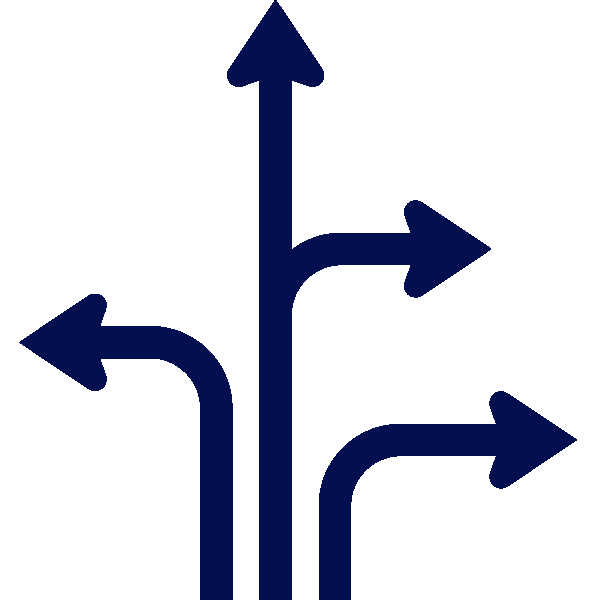
Open-ended
An open-ended challenge defines the scope of the challenge but not the outcome. It is important not to point towards a specific idea to be developed but to rather describe the challenge to be explored. This allows the students to come up with a variety of different solutions.
Broad
A broad challenge allows the students to identify a sub-problem relevant to their competencies, culture and context. A solution can become too broad, leaving the students lost without a direction. Don’t worry, we will guide you on how to write!
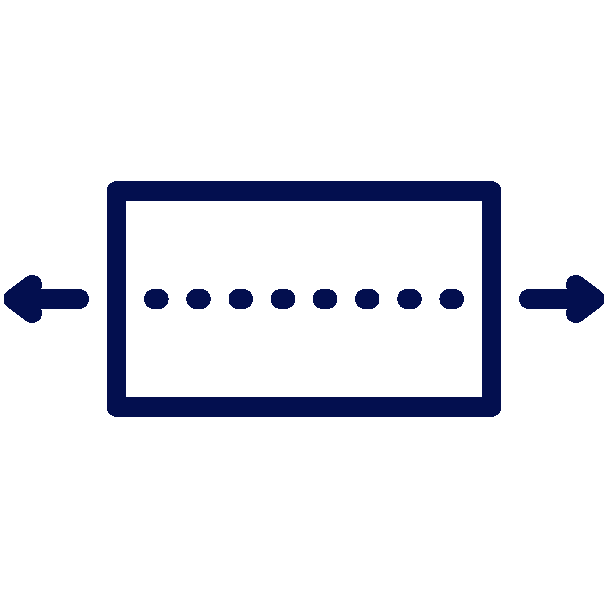

Contextual
Providing a clear context to the challenge makes it more tangible for the students. The context should still be broad enough for the students to further focus their scope and is guided by the impact levels and context questions.
Summit themes
The summit revolves around three main themes; ai & machine learning, super computing, and robotics. A challenge has to relate to one or more of these themes, as well as NG[ ]A overarching focus on sustainability and inclusion.
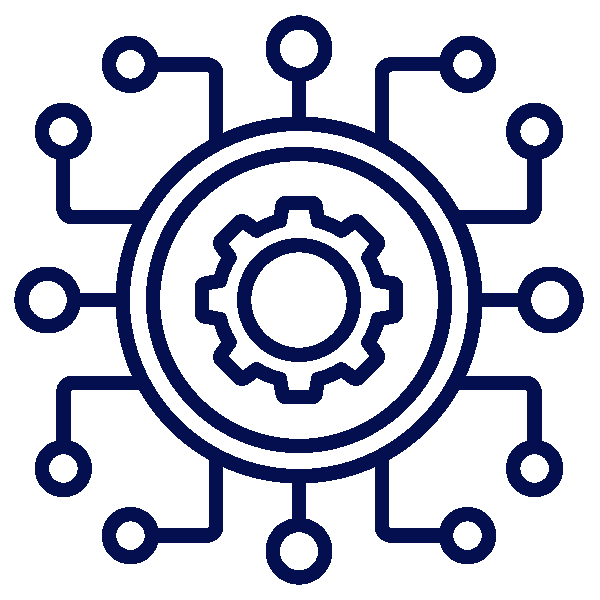
General tips
Do not use theme-specific language. The students working on your challenge will come from various backgrounds, and using everyday language allows them to understand your challenge more easily.
Provide general background reads & links. This aids the students in understanding your challenge and gets them going in their exploration.
Be passionate, impact drive & push the students to be bold. We will motivate the students to develop sustainable and inclusive solutions to your challenges. It helps if the challenge is also framed to do so.
Be open and expect the students to challenge the challenge. The students are not a team of consultants there to solve your problems how you want them solved. This is an open challenge competition and the students are encouraged to challenge the brief and to develop a solution unique to their educational, cultural and contextual background.
